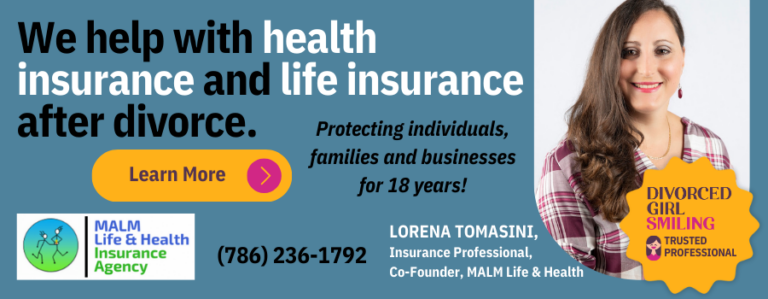Modern-day superheroes are the words Marika Lindholm uses to describe single moms, or, as she prefers to call them: “solo moms.” In this article, she will offer 10 tips for single parents.
“Day in and day out, a solo mom has to be there for the kids,” said Lindholm, who is the founder of ESME (Empowering Solo Moms Everywhere), a website that offers support, resources, and connections to single moms. “You don’t get a day off. You don’t get a break. You’re juggling work and family and trying to raise your kids with passion and with the best care you know how.”
According to Lindholm, a former Northwestern professor who in 2002 became a solo mom of two after her divorce, there are 23 million American kids being raised by single parents.
Lindholm defines a solo mom as someone who parents alone, either all the time or sometimes. That includes those who are solo moms by choice, those who are divorced or widowed, those whose spouse is deployed or incarcerated, or even those whose spouse lives in a different city.
“When I got divorced it was very very hard,” said Lindholm, who has since remarried and now has three more children with her husband. “I was working full-time, the logistics were incredibly difficult, and I was financially struggling. I also got sick and was diagnosed with a blood disorder, which I truly believe was caused by stress.”
In honor of National Single Parent Day, which is March 21, here are Lindholm’s tips for single parents:
1. Take care of yourself. Self-care is so important! Too many single parents are dealing with exhaustion and the consequences of their hard work and no breaks. It’s hard to be the parent you want to be when you are overworked and exhausted.
2. Forgive yourself when you’re not the best parent you can be. Every parent gets pushed and feels tired and has a bad day. Let go of the guilt when that happens to you.
3. Have gratitude. Even though it’s a hard time, appreciating your kids will always make the day easier. Focus on what’s going well in your life, not what you don’t have.
4. Don’t try to be perfect. It’s OK if the house is a little messy or if the kids don’t have the perfect gadgets and clothes. Love is more important than perfection.
5. Appreciate nature. There is a lot of research that shows if you get outside and enjoy nature, it reduces anxiety. To see something beautiful reduces stress. (Marika actually lives on a farm in upstate New York now, so she is practicing what she is preaching!)
6. Ask for help. Single parents feel very independent and often feel they might be judged for asking for help. Don’t ever feel embarrassed to reach out if you need a hand. Married people do it all the time. It’s necessary and healthy to ask friends, family and neighbors to help you when you need it!
7. Build a support network. When people go from being married to being a single parent, their friendship circle often falls apart. Just when they need their friends the most, some friends seem to disappear. Try meeting new parents and extending your circle. Find other solo parents. They could end up being some of your best friends.
8. Laugh. See humor in situations. Laughing is very healthy physically and emotionally. And doesn’t it just feel good to laugh?
9. Make sure you get enough sleep. Lack of sleep makes parenting even harder than it is in the first place. Even if you have to get a babysitter or ask for help or explain to your kids that you are having quiet time, you need your rest. A rested parent is a much better parent.
10. Remember how awesome you are!
Of course I have to chime in on these tips, as I have been a solo mom for almost a decade. I want to point out that there are so many positives that come with this role. First, you are providing a peaceful, happy and healthy environment for the kids versus exposing them to the toxicity of a bad marriage. Secondly, single parents get to raise their kids on their terms. Although, I would advise any single parent to ask for and heed parenting advice from trusted friends and family members.
Perhaps the most rewarding aspect of being a single parent is that after you’ve done it for awhile, you acquire a sense of empowerment and independence you never knew you had. You realize your courage and strength and you take pride in these things.
























I believe an important thing to remember is that while you might be a “solo mom,” you need never be alone. There is no weakness in seeking help and support. Unless you are physically, mentally and emotionally healthy, you cannot push yourself to ensure that your children grow up to be well adjusted and healthy despite going through their parents’ separation and divorce.